Profile
Aleksandar Karaba, Serbian, born in 1984, UEFA A-level coach. He has been engaged in youth football training in Handan and Shijiazhuang.
Reading Tips
"Hebei's youth women's football team is at a leading level in China."
On August 31st, when it comes to youth football in Hebei, Aleksandar Karaba, a Serbian football coach at Shijiazhuang No. 22 Middle School, couldn't stop praising.
As a UEFA A-level coach, Aleksandar Karaba has been engaged in youth football training for over a decade. With the support of the Foreign Teachers Support Program for Campus Football, he officially came to China in 2018 and arrived in Hebei at the end of 2020. He has successively coached in Quzhou, Handan, and Shijiazhuang.
How does this "foreign coach" view the development of youth football in Hebei? What is his life like in Hebei? What changes in Hebei have deeply impressed him?
Reporter: We know you are a UEFA A-level coach. We are curious, how did you shift your coaching career from Europe to China, and specifically to Hebei?
Karaba: I started my coaching career in 2009, and later China launched the Foreign Teachers Support Program for Campus Football, giving many foreign football coaches the opportunity to come to China to coach.
In 2016, a friend of mine who was coaching in Baotou, Inner Mongolia, invited me to China for a visit. That was my first time in China, and I developed a strong interest in Chinese culture.
In 2018, I officially came to China to coach, initially in He’nan. At the end of 2020, I was invited to Hebei, first coaching in Quzhou, Handan for a year, and then in Shijiazhuang at the end of 2021, coaching the junior and senior women's football teams at Shijiazhuang No. 22 Middle School with two Chinese coaches.
Reporter: During your coaching tenure in Serbia, you led the players to win various cup championships, and you have rich training experience. In China, you've also led teams to achieve good results. However, we heard that you are also known for being strict during training.
Karaba: I'm a bit nervous answering this question (laughs).
Nowadays, we are training six or seven days a week. In terms of training duration, most coaches usually train for an hour and a half or two hours a day, but sometimes I extend it to three hours. Other coaches might find this duration crazy at first glance. However, I must clarify that these three hours are not all high-intensity training; they also include relaxation exercises and strength training.
Every detail involving technique and tactics in football is crucial. To be honest, when I first came to this school, the children's technical and tactical skills needed dire improvement, and many details needed strengthening. They trained very hard. Rain or shine, regardless of whether the field is limited, they train diligently every day without complaining of fatigue. So, I also hope to help them improve as soon as possible. If I find them not concentrating in class, I get angry and shout at them to "concentrate." My strictness is because I care deeply about them.
But my strictness is only limited to class. They can joke around with me outside of class.
Reporter: Despite your strictness, the players are thankful for the improvement in their skills and tactics.
Karaba: That's correct. On my birthday this year, they surprised me greatly. The training intensity that day was high, and after training, they surrounded me, asked me to close my eyes, and then gave me a gift—a framed photo of us training together. Then we took more photos together to capture that beautiful moment. It touched me deeply.
Reporter: As an international coach, how do you view the development of youth women's football in Hebei?
Karaba: Hebei's youth women's football team is very strong and leads the nation. Especially in Shijiazhuang, Baoding, Xingtai, and Qinhuangdao, there are well-established youth football teams with high-quality training conditions and player standards. Recently, twelve of the children I coached were selected for the Hebei Provincial Women's Football Team. And I noticed that among the U17 players selected from schools in the province to participate in training at the Dingzhou Olympic Center, there are three girls with exceptional talent, with great potential for the future.
Hebei Is Perfect for Me
Reporter: Your friends say you are a master of "China" and your Chinese is so good that you don’t even need translation.
Karaba: Now I can speak Mandarin and basically communicate in daily life, like shopping for groceries, handling banking transactions, visas, etc. I'm someone with relatively high demands on myself and others. If I can do something by myself, I try not to trouble others. To better learn Mandarin, I now have two one-on-one Chinese lessons every week, each lasting an hour and a half.
Of course, understanding a country or a place is not just limited to language and daily communication. I am also accustomed to observing and thinking about the way Chinese people think and their behavioral habits, which helps me adapt better to their customs. For example, I know that Chinese people like to "cheers" and raise their glasses together. When pouring wine, leaving the "Fu root" in the bottle for someone represents a blessing to them. During dinners, having someone sit in the middle is a sign of respect.
Reporter: When the epidemic broke out in early 2020, you happened to be trapped in Wuhan. Not only did you actively cooperate with the epidemic prevention and control measures, but after returning to Serbia, you also actively promoted China's experience in fighting the COVID-19 epidemic through the media several times. Is this based on your understanding of China?
Karaba: I experienced the "lockdown" life in Wuhan firsthand. At that time, masks and disinfectants were in short supply, and I couldn't buy any. Later, someone gave me a few masks, which touched me deeply. Wuhan is a city full of human warmth. During that time, we always responded to the government's requests, stayed indoors, and as a result, I watched 29 movies in a month.
On February 2, 2020, I and three compatriots flew to France, and then underwent 14 days of quarantine observation in France. After returning to my home in Serbia, the epidemic prevention and control situation in Europe became more severe, and Serbia also took various prevention and control measures.
The Serbian media interviewed me many times, asking me to introduce China's experience in fighting the COVID-19 epidemic. I introduced the various efforts made by the Chinese government to fight the epidemic. For example, establishing makeshift hospitals, strict isolation of suspected patients and close contacts, conducting large-scale nucleic acid testing, and covering a wider range of people, which was very effective.
Later, Serbia learned from China's experience, and these measures proved to be very effective. Moreover, China also sent medical experts carrying medical supplies such as protective clothing to help Serbia. The Serbian people also expressed their gratitude to China in various ways. At that time, many landmark buildings in Belgrade, where I was, were lit up in red symbolizing the Chinese flag, as a gesture of respect to China.
Reporter: People from Hebei province feel a close affinity with Serbia, especially with HBIS Serbia, which has brought Hebei people closer to Serbia emotionally.
Karaba: In Serbia, HBIS Serbia is well-known to the people. Although my home is in Belgrade and not in the same city as HBIS Serbia, which is about 100 kilometers away, we are all very aware of the transformation that HBIS Serbia has brought to the local area. In Serbia, people are very friendly when mentioning China and Hebei. There are many Chinese signs on the streets of Serbia, and Huawei and Xiaomi are very popular in Serbia.
The friendship between China and Serbia has a long history. Now, the opening up of economic and cultural exchanges will surely elevate the friendship between the two countries to a new level.
Hebei is perfect for me. At school, I received very good care from the leaders and colleagues, and we got along very well. Now, Hebei's level of openness is increasing, and it is because of this that Hebei has built outstanding enterprises like HBIS Serbia in Serbia. I personally also benefit from this openness by coming to Hebei. I believe that in the future, Hebei's level of globalization and exchange will be higher and higher.
Reporter: Working and living in Hebei, what aspects of information do you usually pay attention to? What changes in Hebei do you feel?
Karaba: As a youth football coach, I am most concerned about information related to sports and education. What makes me happiest is the recent introduction of the "double reduction" policy, and the total score for physical education in Hebei's high school entrance examination has been further increased to 50 points, showing that physical education is receiving more and more attention.
In daily training, our players often have to miss sessions due to cultural classes, so I think the introduction of the "double reduction" policy is right on time. In Serbia, students go to school at nine in the morning, finish at one in the afternoon, and don't have too much homework. After school, children mainly engage in activities such as playing football and music. Seeing that physical education is receiving more and more attention, this has strengthened my confidence in engaging in youth football education in Hebei.
I like to go shopping at outlets in Shijiazhuang, and I often go to Pingshan for hot springs. The quality of life of the people in Hebei has been continuously improving. Not only that, but there have also been significant changes in urban transportation and urban spaces such as parks. I see that Hebei is progressing every day, and I have no doubt that tomorrow will be better in Hebei.

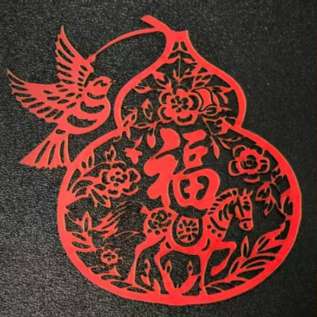

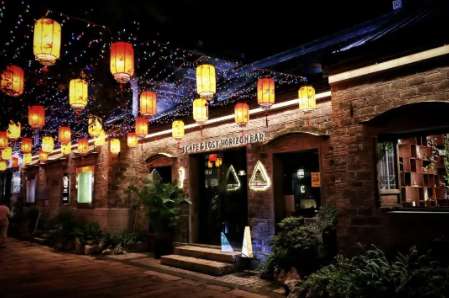




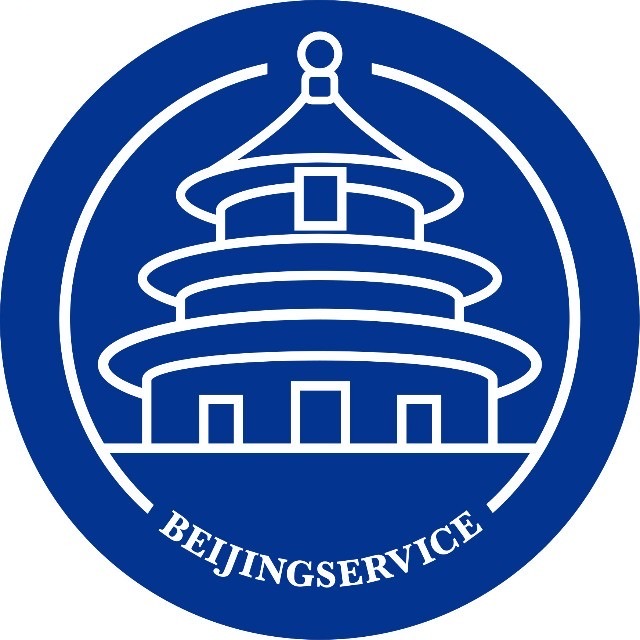
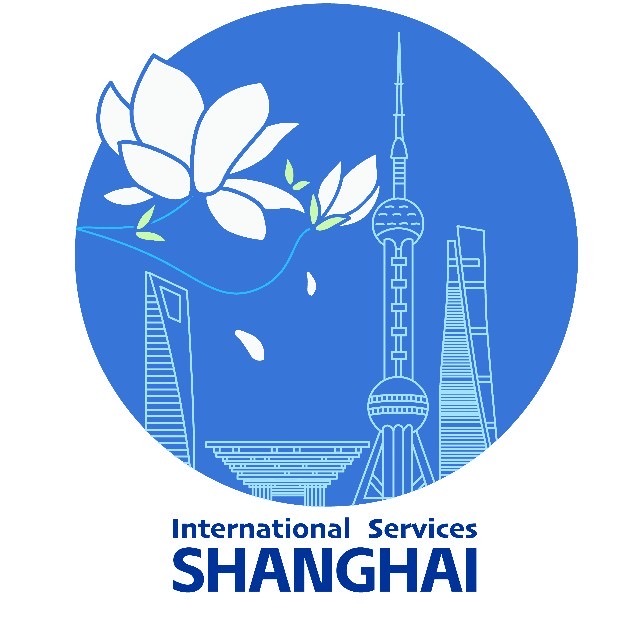




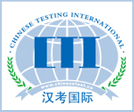

 京公网安备
京公网安备